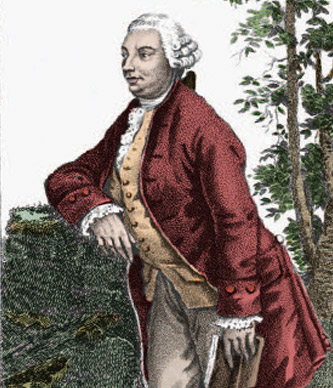Philosophical Method
Scottish Enlightenment figure David Hume is best known as a moral philosopher and political economist. He argued that politics and law were the formal representations of social conventions or practices created by repeated human interactions that acquired obligation because of their social utility. The true essence of international law as a product of human practical reason is the focus of research for John Martin Gillroy.
Gillroy, professor of philosophy, is working on a three-book project to illuminate the essential qualities of the origin, persistence and future course of international law by applying what he calls the "Philosophical Policy" of pre-positivist philosophers—in this case, Hume, G.W.F. Hegel and Immanuel Kant. As the author of An Evolutionary Paradigm for International Law: Philosophical Method, David Hume and the Essence of Sovereignty, Gillroy employs a philosophical methodology that is a combination of his own work and that of 20th century philosopher R.G. Collingwood, who wrote that when we study humanity, we need to employ different assumptions than scientific methods as they apply to nature. Overall, the three-stage argument notes that practical reason evolves in law from Justice-As-Utility (Hume) to Justice-As-Right (Hegel) to Justice-As-Duty (Kant).
Gillroy, who is also the founding director of Lehigh's environmental policy design program, says, "I like to use Enlightenment philosophers because they didn't start out wanting to specifically figure out international law, but who we are as people, how we act collectively and what role law and public affairs play in our lives. They sought complete logical arguments about human consciousness in the law."
For an origin story about contemporary international law, Gillroy concluded that Hume's approach, beginning with unconscious human passions and the rule of social convention and resulting in an international rule of law stabilized by Justice-As-Sovereignty best explained the genesis of law within the international system.
Gillroy is currently working on the second segment of his project: The Assent of Public Order Principles in International Law: Philosophical Method, G.W.F. Hegel & Legal Right Through Recognition. Here he argues that the current dilemmas between the sovereign process of cooperation and the demands of independent principle, like that in questions of human rights, will benefit from Hegel's effort to make human freedom a core element of law.
"If we want change, we need to understand not just what international law is but what created it and how it evolves. This is what my work is about."
Story by Robert Nichols
Posted on:


